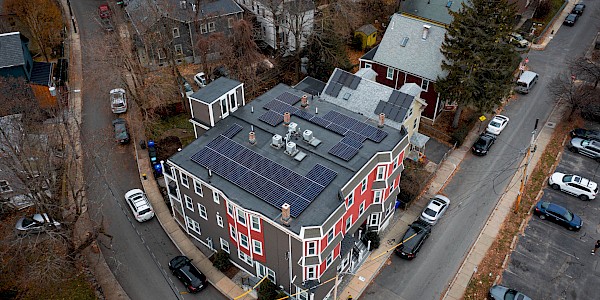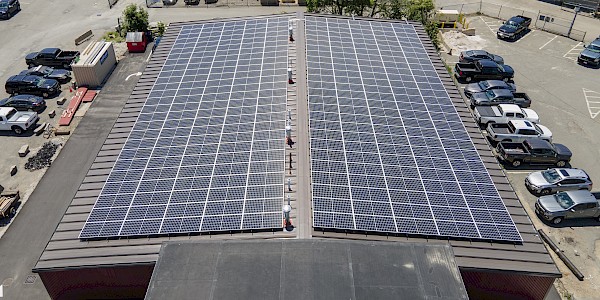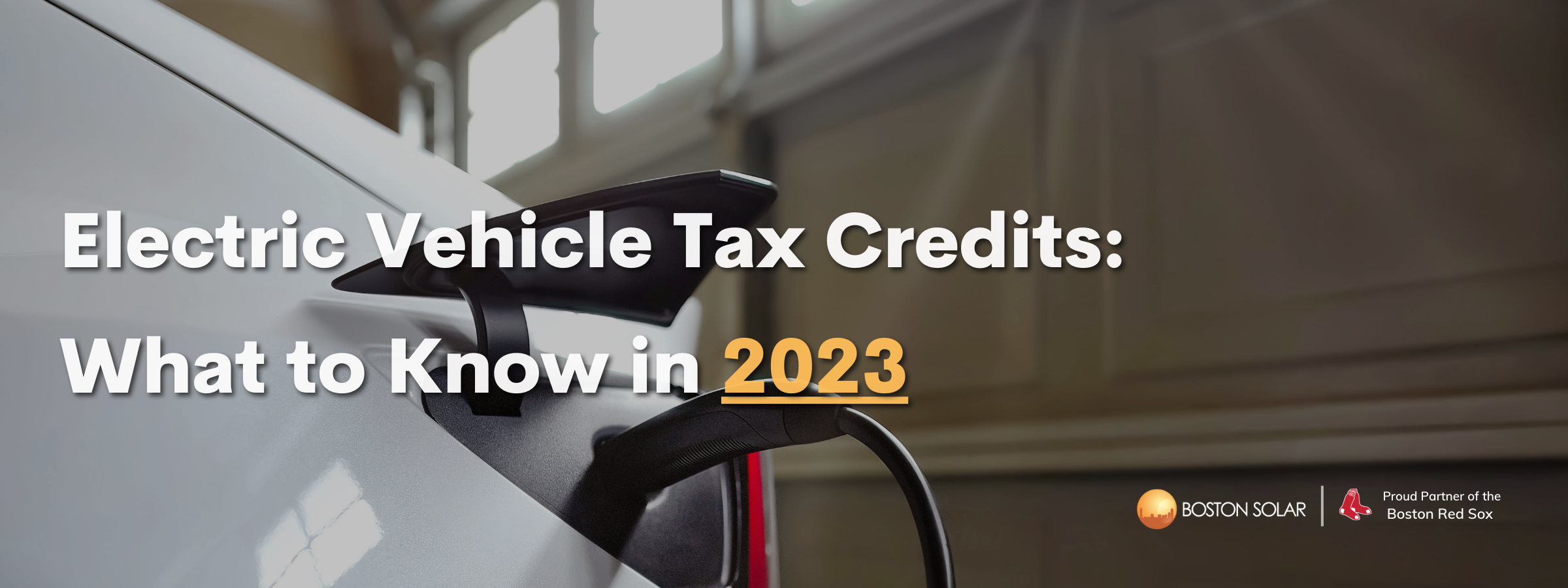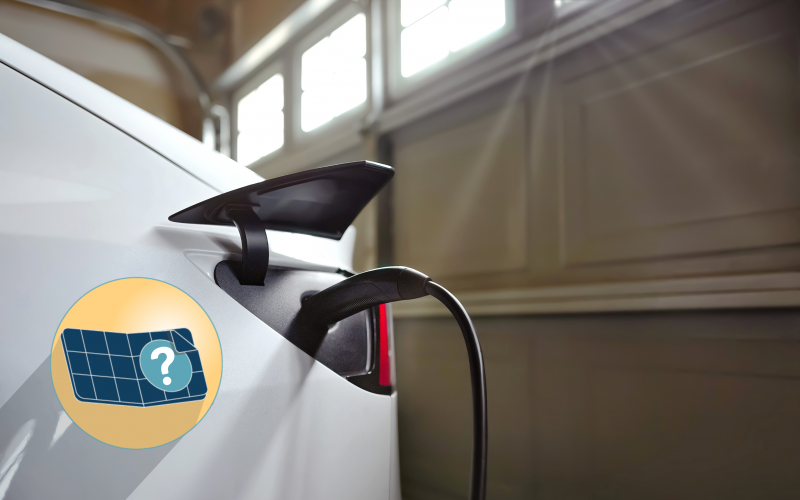Electric Vehicle Tax Credits: What to Know in 2023
Feb. 21, 2023
It’s no secret that driving an electric vehicle (EV) can save you money. Driving electric means you can skip the gas pump and fuel up at a charging station instead, which can be significantly more affordable, especially if you install home solar with an EV charger (more on that below).
But lower fuel costs aren’t the only way an electric vehicle can save you money. There are federal EV tax credits available in 2023 that can help you save thousands on a new electric vehicle.
How Does the EV Tax Credit Work?
The EV tax credit is a federal incentive that encourages consumers to purchase electric vehicles. It’s not an instant rebate or deduction on the cost of your purchase, but rather a tax credit that will reduce what you owe in federal income tax the year you purchase your electric car. The EV tax credit is worth up to $7,500. So, if your purchase is eligible for the full credit, you can reduce your federal tax liability by $7,500.
Who Qualifies for the EV Tax Credit?
Most new electric, plug-in hybrid, and fuel cell vehicles are eligible for the EV tax credit. To qualify for the electric vehicle tax credit in 2023, the vehicle must:
- Have a battery capacity of at least 7 kilowatt hours
- Have a gross vehicle weight rating of less than 14,000 pounds
- Be made by a qualified manufacturer
Here’s a full list of qualifying vehicles and manufacturers.
Consumers must also meet qualification requirements in order to receive the EV tax credit in 2023:
- The vehicle must be new and purchased for your own use, not for resale.
- You must use the vehicle primarily in the United States.
- The manufacturer’s suggested retail price cannot exceed $80,000 for vans, sport utility vehicles, and pickup trucks or $50,000 for all other vehicles, including passenger cars.
- The seller must submit your name and taxpayer identification number to the IRS at the time of the sale.
There are also income requirements for the EV tax credit. To qualify, your income cannot exceed $300,000 for couples filing together, $225,000 for heads of household, or $150,000 for all other filers.
How to Claim the EV Tax Credit in 2023
It’s easy to claim the tax credit for your electric vehicle purchase in 2023. All you need to do is file IRS Form 8936, Qualified Plug-In Electric Drive Motor Vehicle Credit with your tax return. You will need to provide your vehicle's VIN while filing.
Save More with Solar Panels and a Home EV Charger
If you install solar panels and EV charging at your home, you might never need to pay for gas again. Solar panels and electric vehicle chargers are a major money-saving combination because your panels will generate the power needed to charge your EV for free. You can plug into your solar car charger at home without having to pay a cent for fuel!
At-home EV charger installation also alleviates some of the common concerns with driving electric, like range anxiety. Once you set up an EV charging station at home, you won’t have to worry about finding a public charging station when you’re running low on fuel or waiting in line to charge up.
If you’re thinking about installing an at-home EV charging station, it makes sense to start with a solar panel installation. Not only will you be able to charge your car battery with solar for free, but you’ll also be fully eliminating the need for fossil fuel. There are tax credits and incentives available for solar panel installation too, like the 30% federal solar tax credit.
Boston Solar can help you get started with a free solar consultation. We are the leading solar panel installation company in Massachusetts and we’ve installed over 5,000 solar energy systems.
Charge your EV for free with solar power. Call 617-858-1645 or contact us to schedule a free solar consultation.
This material is intended for informational purposes only and should not be relied on for tax advice. Boston Solar always recommends consulting with a professional tax advisor before making a financial decision.




